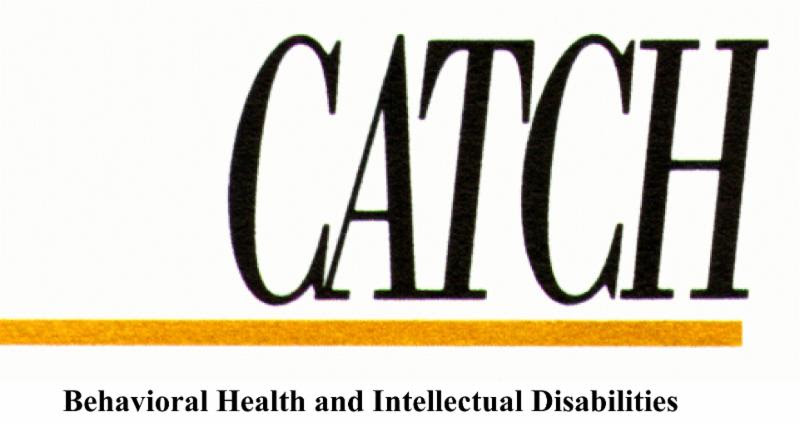|
Welcome to the Recovery Connections Network .We have spent the last ten years collecting resources so you don't have to spend countless precious hours surfing the Web .Based on personal experience we know first hand how finding help and getting those tough questions answered can be. If you cant find what you need here, email us recoveryfriends@gmail.com we will help you. Prayer is also available just reach out to our email !
- SRC Scottish Recovery Consortium
- Suicide Prevention GODS helpers
- PAIN TO PURPOSE
- Journey Pure Veteran Care
- Sobreity Engine
- Harmony Ridge
- In the rooms Online meetings
- LIFE PROCESS PODCAST
- Bill and Bobs coffee Shop
- Addiction Podcast
- New hope Philly Mens Christian program
- All treatment 50 state
- Discovery house S.Ca
- Deploy care Veterans support
- Take 12 Radio w Monty Man
- GODS MOUNTAIN RECOVERY CENTER Pa.
- FORT HOPE STOP VET SUICIDE
- CELEBRATE RECOVERY
- THE COUNSELING CENTER
- 50 STATE TREATMENT LOCATOR
- David Victorious Reffner Podcast
Saturday, February 7, 2015
Friday, February 6, 2015
|
Founder of Silk Road, Website That Sold Drugs, Convicted
February 5th, 2015/
Ross W. Ulbricht, the man who founded Silk Road, was convicted this week on seven federal charges. Silk Road sold illegal drugs including heroin, cocaine and LSD, The New York Times reports.
Prosecutors called Ulbricht a “digital kingpin.” Silk Road generated revenues of more than $213 million from January 2011 to October 2013, when the Federal Bureau of Investigation arrested Ulbricht.
Federal prosecutor Serrin Turner said in a closing argument that the website “lowered the barriers to drug dealing by enabling drug dealers to reach customers online they could have never met on the street.”
Four of the convictions, including distributing narcotics on the Internet and engaging in a continuing criminal enterprise, carry potential life sentences, the article notes. Ulbricht will be sentenced May 15.
Last month, a drug dealer testifying at the trial said he sold up to 600 small bags of heroin a day on the site. Michael Duch said he used most of the money to support his $2,000-to-$3,000-a-week heroin addiction.
Silk Road could only be accessed by using encryption software called Tor, which shields computers’ IP addresses, allowing people to make purchases anonymously. The website did not use credit cards, instead relying on “Bitcoins,” an untraceable digital currency that is available through online currency exchange services.
Last month, federal agents arrested a man who told them he was a top assistant to the operator of Silk Road 2.0. The site allowed anonymous users to buy and sell illegal drugs, weapons and other illegal items. Silk Road 2.0 emerged as a copycat site a month after Ulbricht was arrested.
Study on Cocaine Use Could Help Explain Destructive Decisions by Users
February 5th, 2015/
A new study of how cocaine affects the brain may help explain why people who use the drug make many destructive decisions, according to the Los Angeles Times.
Chronic cocaine use changes brain circuits that help people learn from mistakes, the researchers said. They measured electrical activity in the region of the brain associated with managing errors in reward prediction. When things go better than expected, nerve cells release and absorb more of the chemical dopamine. When events fail to meet expectations, nerve cells in that area of the brain release less of the chemical. When outcomes match predictions, nerve cells release a steady amount of dopamine, the article explains.
The study included 75 people, including some who don’t use cocaine, some who chronically use cocaine but tested negative for cocaine use in the past 72 hours, and some who chronically use cocaine and tested positive for recent use.
All the participants played a computer gambling game in which they had to predict whether or not they would win or lose money on each turn. Participants who were chronic cocaine users showed no significant difference between expected and unexpected losses, while people who did not use cocaine had a greater feedback signal for unexpected outcomes.
“This study shows that individuals with substance use disorder have difficulty computing the difference between expected versus unexpected outcomes, which is critical for learning and future decision making,” study lead researcher, Muhammad Parvaz of the Icahn School of Medicine at Mount Sinai in New York said in a news release. “This impairment might underlie disadvantageous decision making in these individuals.”
The study appears in the Journal of Neuroscience.
Subscribe to:
Posts (Atom)













